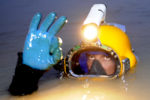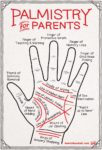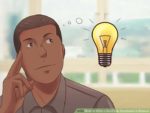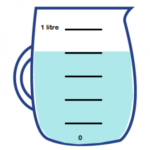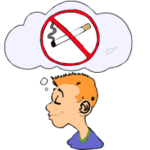Notice: Vocab Review has been cancelled.
“Plagiarism, 11/14.” Write True or False for each statement. Collaborative.
- Using information from the Internet without properly documenting the source is not only cheating, it is illegal and is the same as stealing.
- Copying anything from the Internet and using it as my own work is considered plagiarism.
- If someone said something in a lecture or on TV or in an interview I did, I don’t have to cite it because it is not written.
- If I download something from the Internet and change some words and phrases, I can use that information as my own for class assignments.
- I can quote passages from papers I find on the Internet for my class assignments if I properly cite where I found the information.
- A friend offers to let you read his paper in order to get some ideas, and tells you to use any parts of the paper you find useful. You incorporate one of his paragraphs into your paper, and you are careful to include all of the citations from his paper in your footnotes, so that the reader will be able to find the original source of the information. This is not plagiarism.
- A student finds a picture on the web that perfectly illustrates a point she wants to make in her paper. She downloads the picture, but does not use the website’s explanation; in addition, she writes her own caption for the picture. Since the explanation and caption are her own, she does not include a citation for the picture. This is plagiarism.
- In your paper on genetics, you note that humans have 23 pairs of chromosomes. You didn’t know this before you researched, but decide not to provide a citation for this information, since all biology textbooks contain this information. You did the right thing.
- The proverb “The early bird catches the worm” seems particularly appropriate to the subject of your paper, so you decide to quote it. You need to find a book of proverbs so that you can provide a citation.
(Sources: http://www.trinitydc.edu/policies/plagiarism/#honor and http://tlt.psu.edu/plagiarism/links/quizzes-and-exercises/)
Checking RBC 368-369
“RBC Public Notice, 11/14.” Write the answer NOT the letter. (10p) Collaborative.
- There are classes for kids of all ages under 18. a) True b) False c) You can’t tell.
- You have to be able to swim to sign up for the swim classes. a) True b) False c) You can’t tell.
- Which class would it probably be smart to sign up early for?
- Why?
- You have to have your own cleats and shin guards to sign up for soccer. a) True b) False c) You can’t tell.
- You have to have your own musical instrument to be in the jazz band. a) True b) False c) You can’t tell.
- You have to be able to speak English to participate in the activities. a) True b) False c) You can’t tell.
- Which of the activities do(es) not say it requires parental permission? a) soccer b) swimming c) band d) band and soccer e) They all require parental permission.
- (2) What are two things you could do to find more info about the classes?
Question:
What makes people treat others differently? Is there a rule we can apply to determine when it is okay to treat others differently and when it is not? Intelligence? Looks? Talents? Morals? Friendliness?
The Sneetches
(Starts @:47.)
- What word best describes the attitude of the Star-Belly Sneetches toward the Plain- Belly Sneetches at the beginning of the story?
- What food did the Star Belly Sneetches have at their beach parties?
- What was Mr. McBean’s middle name?
- Before McBean arrives, how is Sneetch society set up?
- “if they should meet one, while they were out walking they’d saunter right by without even ______.”
- “They had stars upon thars!” What does the word “thars” mean?
- Why does Dr. Seuss use the word “eaches” in this poem?
- Why are the Sneetches such a good target for McBean?
- What lesson do the Sneetches finally learn?
Time?
“The Monsters are Due on Maple Street.” p415.
Discuss in your group:
- What is the purpose of fear? (Why do we get scared?)
- Why do we like it sometimes? (Don’t say, “It’s fun.” Duh.)
- What are (most) humans scared of?
- “The only thing we have to fear is fear itself.” Meaning? (Bonus: Who said that famous quote?)







